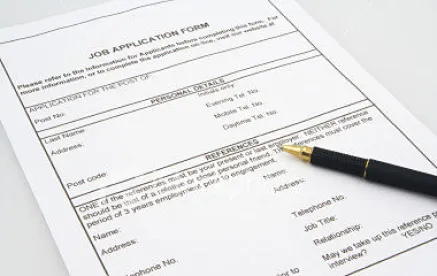On June 1, 2016, Connecticut Governor Dannel Malloy signed Public Act No. 16-83, “An Act Concerning Fair Chance Employment” (“Act”), making Connecticut the ninth state—after Hawaii, Illinois, Massachusetts, Minnesota, New Jersey, Oregon, Rhode Island, and Vermont—to “ban the box” on job applications for private employers in those states. The Act, which covers any employer engaged in business in Connecticut that has one or more employees, goes into effect on January 1, 2017.
The Act prohibits employers from making any inquiry about an applicant's prior arrests, criminal charges, or convictions “on an initial employment application.” The Act does not apply, however, (1) when a state or federal law requires the employer to conduct criminal background inquiries, or (2) when a security or fidelity bond or an equivalent bond is required for the position for which the applicant is seeking employment. Unlike some other ban-the-box legislation that prohibits inquiry into an applicant’s criminal history until the first interview, or even until after a conditional offer is made, the Act merely restricts inquiries “on an initial employment application.” The term “initial employment application” is not defined in the Act, but the Connecticut Department of Labor (“DOL”) appears to interpret the term literally—meaning the employment application itself.
The Act does not provide a private cause of action for aggrieved applicants or employees. Applicants and employees may file complaints with the DOL’s Commissioner.
What Employers Should Do Now
In anticipation of the January 1, 2017, effective date, employers in Connecticut should:
-
Revise job applications used in Connecticut, and unless an exception applies, remove questions concerning an applicant’s prior arrests, criminal charges, or criminal conviction history; and
-
Train managers and recruiters not to inquire about an applicant’s criminal history until after the initial employment application has been submitted.






 />i
/>i
